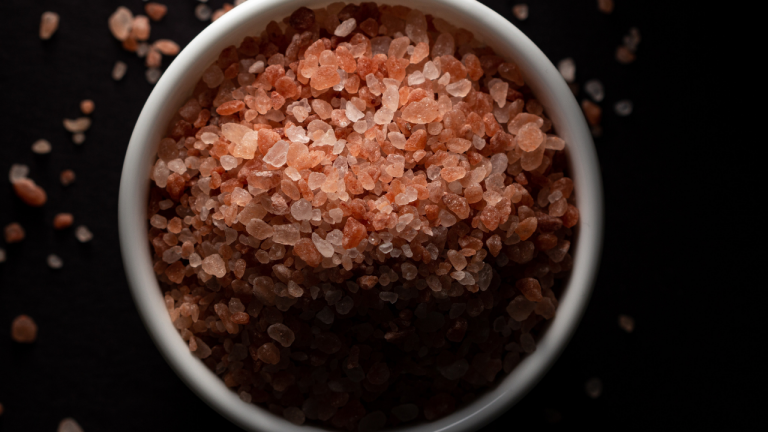Grains

Grains are a staple in many diets, including vegan diets, and they provide a significant portion of the daily caloric intake for people around the world. Grains are excellent sources of carbohydrates, fiber, vitamins, minerals, and other essential nutrients. In a vegan diet, grains play a crucial role in providing energy and various health benefits. Here are some common types of grains and their contributions:
1. Whole Grains:
Whole grains are grains that retain all parts of the seed, including the bran, germ, and endosperm, providing the highest nutritional value.
Brown Rice: A versatile grain that can be used in various dishes and is a good source of complex carbohydrates, fiber, and some essential minerals like manganese and selenium.
Quinoa: Considered a complete protein, quinoa is a grain rich in all essential amino acids, making it a valuable source of protein for vegans. It also contains iron, magnesium, and fiber.
Oats: Oats are high in soluble fiber, which can help lower cholesterol levels. They are also a good source of manganese, phosphorus, and vitamins.
Barley: Barley contains soluble fiber, which supports heart health, as well as vitamins, minerals, and antioxidants.
Bulgur: A form of whole wheat that is quick-cooking and commonly used in salads and pilafs. It’s a good source of fiber and nutrients.
2. Refined Grains:
Refined grains have had the bran and germ removed, leaving behind only the starchy endosperm. As a result, they have a finer texture but lower nutritional value compared to whole grains.
White Rice: While white rice is a popular grain, it has undergone processing that removes some of the nutrients present in brown rice. Nonetheless, it remains a significant part of many diets worldwide.
White Flour: White flour is a common ingredient used in baking, but it lacks the fiber and some of the nutrients found in whole grain flour.
It’s essential to prioritize whole grains over refined grains in a vegan diet. Whole grains offer higher fiber content, more vitamins and minerals, and a slower release of energy, which helps maintain stable blood sugar levels and keeps you feeling full and satisfied.
Incorporate a variety of grains into your diet to enjoy their diverse flavors and nutritional benefits. Some ways to include grains in your meals are by cooking them as a side dish, using them as the base for salads, incorporating them into soups, stews, and casseroles, or enjoying them in the form of whole-grain bread or pasta. By doing so, you can create a well-rounded and nutritious vegan diet that supports overall health and well-being.



